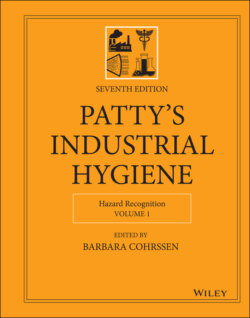Читать книгу Patty's Industrial Hygiene, Hazard Recognition - Группа авторов - Страница 67
7.2.3 Analysis
ОглавлениеAs mentioned in our first case, The ABIH Industrial Hygiene Code of Ethics, The Joint Industrial Hygiene Association Member Ethical Principles, and the fourth canon of the Industrial Hygiene Canons of Ethical Conduct state that an industrial hygienist shall avoid circumstances where a conflict of interest may arise. However, the preamble to the ABIH Code of Ethics states, “First and foremost, ABIH certificants and candidates give priority to health and safety interests related to the protection of people….” Further, certificants and candidates are expected to comply with laws and regulations.17 Robert also understands that he must maintain and respect the confidentiality of sensitive information obtained in the course of professional activities unless the information is reasonably understood to pertain to unlawful activity; a court or governmental agency lawfully directs the release of the information; the client or the employer expressly authorizes the release of specific information; or the failure to release such information would likely result in death or serious physical harm to employees and/or the public.18
Based on this information, Robert reasons that he should show the area of concern to the OSHA team and disclose the sampling results because; (i) he has a primary responsibility to protect the health of the employees, (ii) exposures consistently exceeded the benzene permissible exposure limit thus establishing a potential violation of the regulations, and (iii) the OSHA warrant does cite the OSHA General Duty Clause as a basis to provide “all relevant information.”
